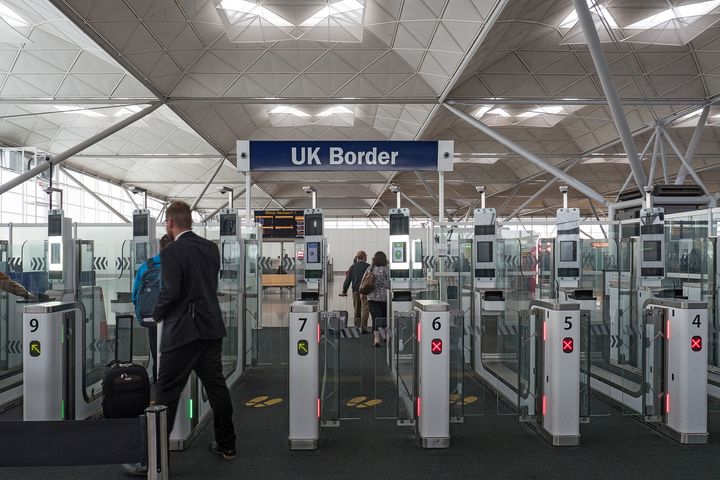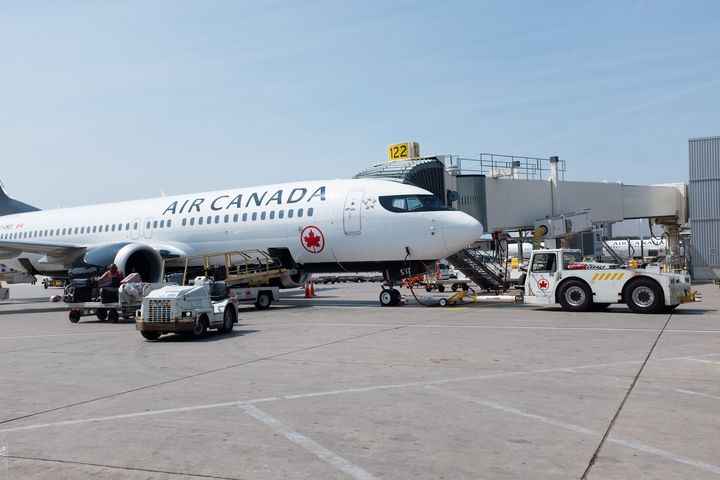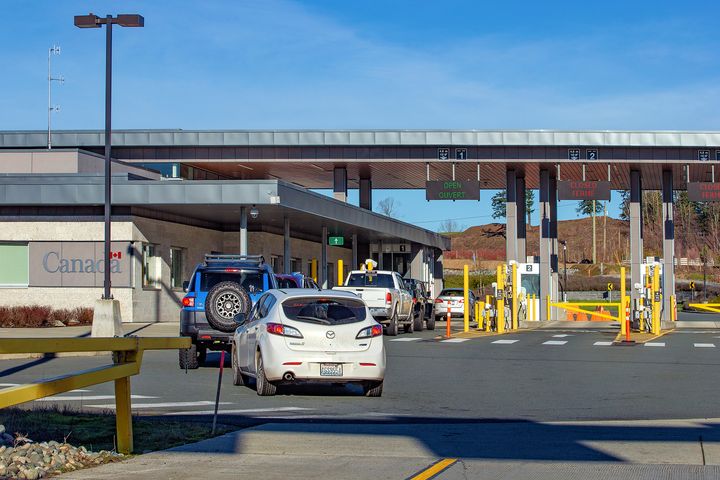
First Canadian border preclearance facility in the U.S. will soon open near Ontario
As Toronto awaits its new border checkpoint allowing travellers to go through American customs before heading to the U.S., another preclearance facility is opening nearby for those making the reverse journey, marking a huge milestone for the Canada Border Services Agency (CBSA).
The government arm announced on Thursday that it will establish its first-ever preclearance operation stateside in 2025, with a border control outpost set to open in New York sometime this year.
CBSA officers will be stationed alongside their U.S. counterparts at the Cannon Corners crossing just south of Quebec's bounds in Mooers Forks, New York, which is just over two hours' drive from Ottawa and about five and a half from Toronto.
But, the new checkpoint will only operate temporarily — what is expected to be two years — while the nearby customs facility at the Covey Hill port of entry on Canadian soil is shuttered to the public.
The CBSA’s first preclearance operation at the Cannon Corners, NY–Quebec border crossing will launch in early 2025.
— Canada Border Services Agency (@CanBorder) January 2, 2025
This demonstrates our commitment with the US to enhance border security and streamline trade and travel: https://t.co/0wNHxNvxRQ pic.twitter.com/QegEHgpUia
"At the preclearance site, Canadian officers will examine travellers and goods to decide whether they are admissible into Canada, as they currently do at ports of entry in Canada," the Canadian government writes.
"This includes screening for dangerous goods, such as firearms and drugs, before they leave the U.S."
It notes that not all customs and border services will be offered at the interim site, though, stating that "while officers will be able to conduct most types of immigration processing, claims for refugee protection cannot be processed at preclearance. Travellers seeking refugee protection in Canada will need to use a Canadian port of entry."
The exact debut date of the new post is still yet to be announced.
Compared to this first for the CBSA, U.S. Customs and Border Protection currently has eight preclearance facilities at Canadian airports, with another slated to open at Billy Bishop Toronto City Airport in the coming months. There is also a marine pre-clearance facility in Prince Rupert, B.C. for ships destined for the U.S., which is the only of its kind in the world.
oksana.perkins/Shutterstock.com
Latest Videos
Latest Videos
Join the conversation Load comments







